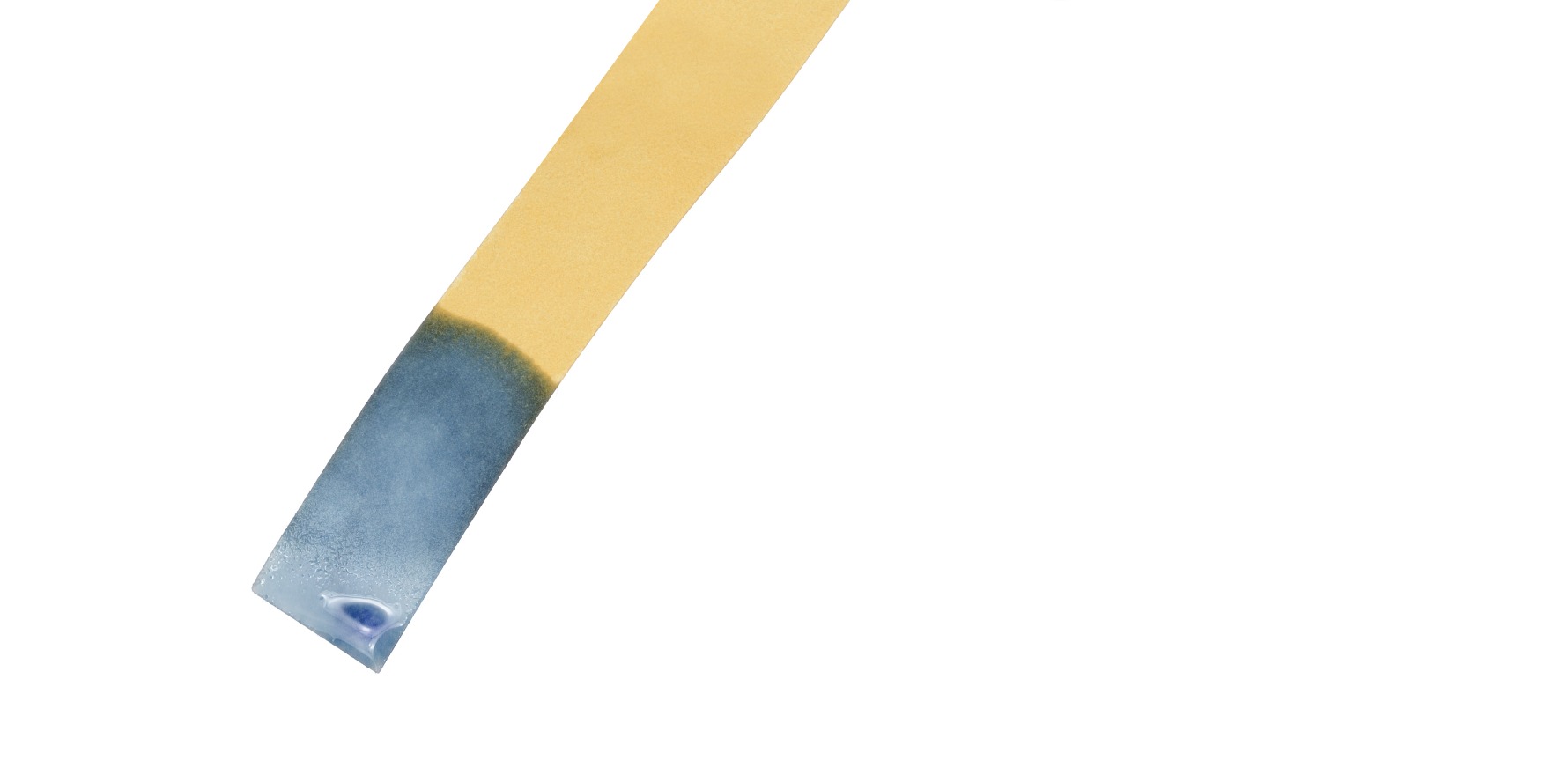Cancer patients and those with pacemakers or defibrillators will be subjects of two new Flinders University research projects.
Remote monitoring of cancer patients and people with cardiac implants will be given the litmus test in two new South Australian trials.
As a models of care, remote monitoring aims to identify potential problems earlier, making them easier to treat, reducing hospital admissions and cost to patient health and budgets.
The Flinders University research projects were funded by $2.2 million in grants from the Medical Research Future Fund. They will examine the clinical effectiveness of patient reported remote monitoring for two cohorts: patients with pacemakers and defibrillators, and cancer patients using anticancer medications.
Dr Ganessan Kichenadasse from Flinders University and Southern Adelaide Local Health Network will lead the trial for cancer patients.
As an oncologist and pharmacologist, he will test remote monitoring of side effects in cancer patients receiving treatment in what is understood to be an Australian first approach.
“We plan to use patient reported measures in public hospitals for routine cancer care in an ongoing basis. Patients will undertake self-reporting from home, using the web portal or an app on their smartphone,” Dr Kichenadasse told Oncology Republic.
“One of the major challenges to people with cancer is recognising that symptoms are severe enough to warrant reporting to their care team, and then having rapid access to specialist and general physician services for diagnosis and timely management of symptoms.
“Electronic patient-reported symptom monitoring provides an opportunity to identify those patients who have worsening symptoms, initiate contact by healthcare providers and provide early treatment, thereby improving health outcomes and reducing unscheduled hospital admissions,” said Dr Kichenadasse.
The project will be rolled out using South Australia’s digital health platform for people with cancer undergoing any systemic cancer treatment in public hospitals, according to a Flinders University statement.
International research indicates the effectiveness of self-reported remote monitoring for cancer patients. An American literature review in 2020 showed benefits in both economic and survival outcomes from using remote patient-reported outcomes monitoring systems. However, the study noted that web-based platforms rely on patient engagement which can be challenging for people less familiar with technology.
A European study published in 2021 showed that remote patient-reported outcomes monitoring systems, as a model of care, could make a meaningful difference to people with cancer. The outcomes depended on the self-reported measures automatically generating alerts for clinicians to proactively respond.
The trial for cardiac implant patients will be led by Professor Anand Ganesan, also from the Flinders University and Southern Adelaide Local Health Network. Professor Ganesan said that the use of pacemakers and defibrillators represents one of the most clinically important cardiology procedures and that ongoing analysis is a critical aspect of aftercare.
“In the past two decades, remote monitoring of these devices has emerged as an alternative method of care for following up patients, with a series of trials demonstrating the efficacy and safety of remote monitoring compared to in-office.
“While it might not be suitable for every patient, remote monitoring equips doctors with data for correct diagnosis and treatment and reduces the amount of time taken to detect abnormalities in heart rhythm.
“For patients, the technology provides them with the safety of sharing important information about their medical condition directly to the doctor,” Professor Ganesan said.
The cardiac research collaboration includes the University of Queensland, Queensland Health, Sunshine Coast University Hospital, Royal Perth Hospital, Flinders Medical Centre in Adelaide and John Hunter Hospital in Newcastle.


